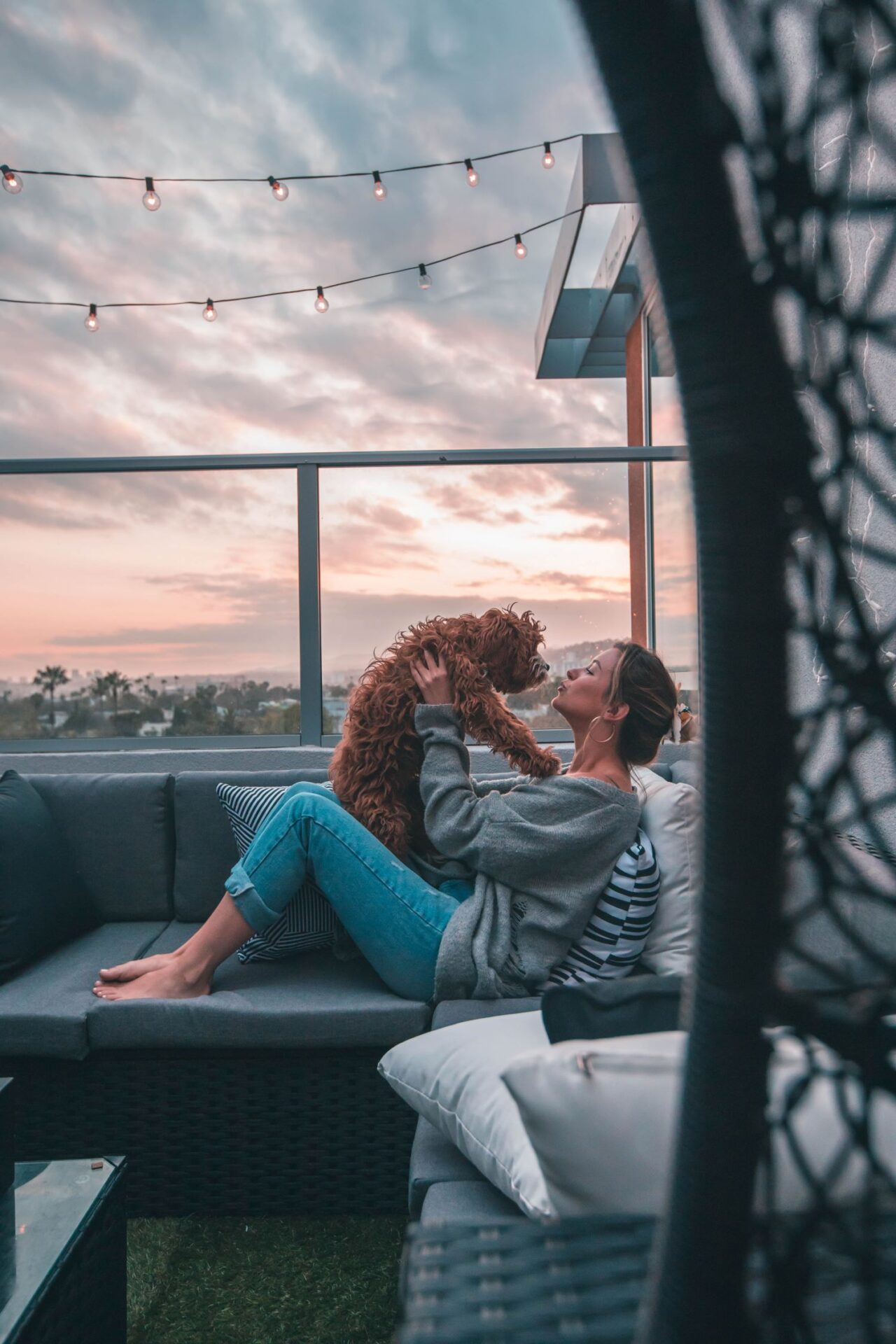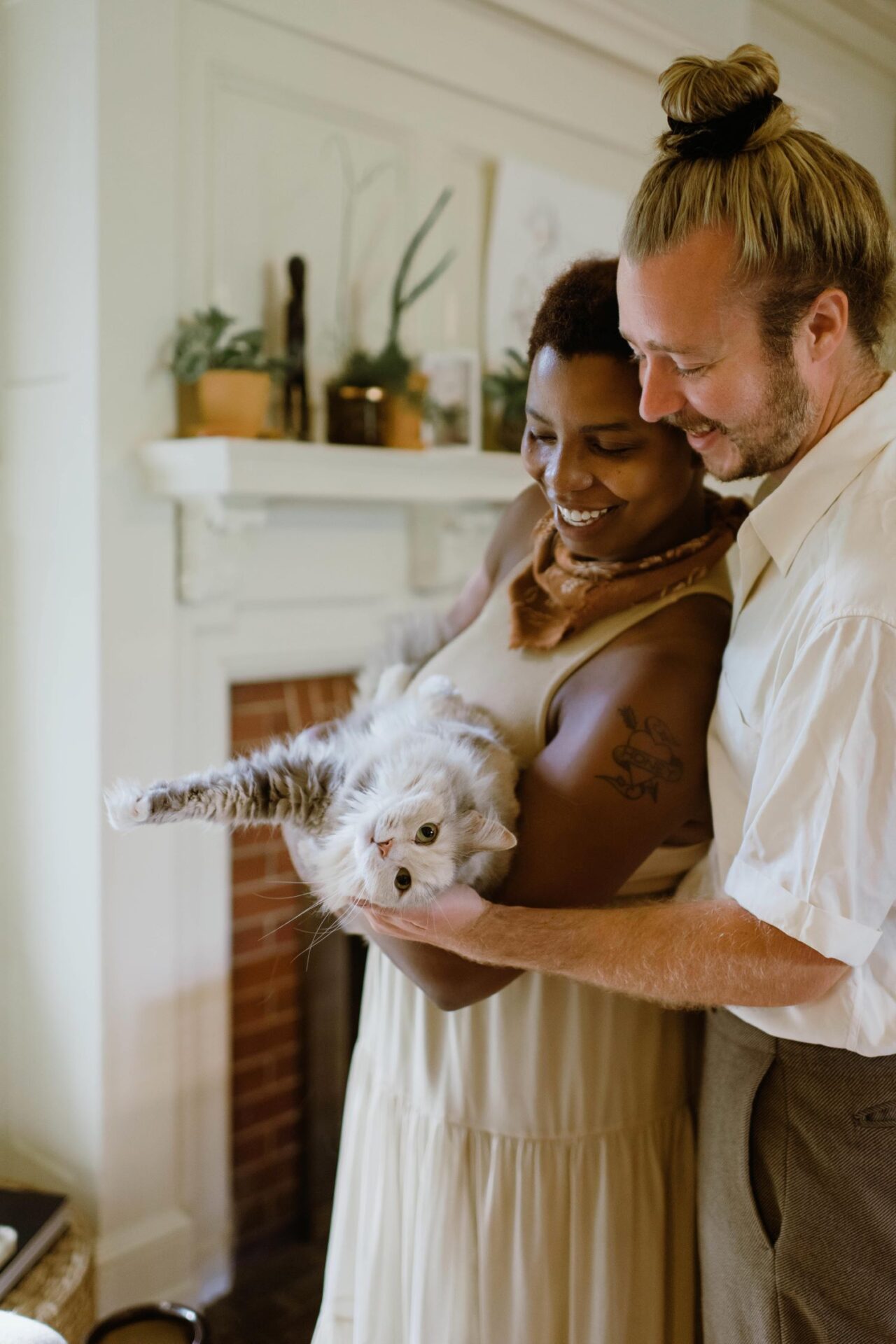Getting a new pet is exciting but comes with responsibilities. This guide helps you understand and care for your furry friends, whether you’re a new pet owner or looking to improve your pet care knowledge. We’ll cover the basics of pet parenthood, giving a simple guide for all pet enthusiasts.
Preparing for Your New Companion

Choosing the Right Pet
Choosing the right pet is more than just how it looks; you also need to think about your lifestyle and energy. For example, if you want a dog, check out different breeds that fit your home, daily routine, and energy.
Consider the size, temperament, and how much exercise each breed needs to find the best match for you.
Creating a Pet-Friendly Environment
Before your new pet arrives, make sure your home is safe and cozy. This means getting rid of things that could be dangerous, like securing harmful items and setting up specific spots for eating, sleeping, and playing.
You might also want to get furniture, bedding, and toys that are pet-friendly to help your new friend feel at home and secure.
Essential Supplies
Get ready for your pet by getting the things you need. For dogs, this could be a comfy bed, good dog food, grooming stuff, toys, and ID tags.
Cats, rabbits, and other pets need different things. Do some research and buy the stuff your pet needs, remembering that having a pet is a long-term commitment.
Pet Parenthood: Building a Healthy Routine

Nutritional Needs
Knowing what your pet needs to eat is essential for their health. Different pets have different diets, and things like age, size, and breed are important.
For example, big dogs might need food that helps their joints, while small dogs might need something with lots of energy. Talk to your vet to make a diet plan that fits your pet’s needs.
Regular Exercise
Making sure your pet gets enough exercise is crucial for keeping them healthy and avoiding behaviour problems. Dogs, especially, need daily walks, playtime, and fun activities. Cats, birds, and small animals also need both mental and physical stimulation.
Plan the exercise routine based on your pet’s needs, considering how old they are, how much energy they have, and their breed characteristics.
Mental Stimulation
When it comes to pet parenthood, just like people, pets need mental activities to be happy and healthy. Use toys, puzzles, and games that challenge your pet’s brain.
Toys that make them work for treats, puzzle feeders, and changing up their toys can keep them from getting bored and help them think. Regular mental activities make for a happy and well-adjusted pet.
Pet Parenthood: Health and Wellness

Veterinary Care
Regular vet check-ups are important to catch and prevent health issues in your pet. Your vet will set up a vaccination plan based on your pet’s age and lifestyle. Talk about preventive care like spaying or neutering, dental care, and keeping away parasites.
Pay attention to any changes in your pet’s behaviour or appearance. They could be signs of health problems. Just like with human children, pet parenthood means keeping on top of your fur babies’ health. Regular vet visits and open communication with your vet help keep your pet healthy and happy.
Grooming Basics
Grooming is essential for your pet’s well-being, not just for looks. Set up a grooming routine based on your pet’s breed, fur type, and what they need. Brushing regularly, trimming nails, and taking care of their teeth all help keep them healthy.
Grooming is also a chance to check for any lumps, bumps, or unusual things that might need the vet’s attention. Regular grooming keeps your pet feeling good inside and out.
Pet Parenthood: Addressing Behavioural Challenges
Understanding Pet Behaviour
Pets talk through behaviour, and it’s crucial to understand what they’re saying for a good relationship. Learn to recognise signs of stress, anxiety, or discomfort, like changes in how they act, noises they make, or if they start doing things they shouldn’t.
By paying attention to your pet’s behaviour, you can quickly solve problems and stop issues from happening. Understanding your pet helps keep them happy and your relationship strong.
Training Techniques
Positive reinforcement is a great and kind way to train pets. Make sure you communicate clearly by rewarding good behaviour and guiding them away from bad behaviour. Being consistent, patient, and positive helps build trust between you and your pet.
If you’re having trouble with specific behaviour issues, consider getting help from a professional trainer. This approach ensures a happy and well-behaved pet.
Pet Parenthood: Creating a Loving Environment
Bonding and Affection
Creating a strong bond with your pet means spending quality time together. Play, walks, or just cuddling on the couch strengthen your connection when it comes to pet parenthood.
Notice what your pet likes for affection and adjust your actions to make them feel safe and loved. Building this connection ensures a happy and secure pet.
Socialisation
Positive socialisation is critical for a well-adjusted pet. Gradually introduce your pet to various environments, people, and animals to promote positive associations.
Early and positive experiences can prevent fear and anxiety in unfamiliar situations. Socialisation is an ongoing process that contributes to your pet’s confidence and adaptability.
Conclusion: Pet Parenthood
Being a pet parent is a continual journey of learning, joy, and love. This guide provides new pet owners with a thorough understanding of the responsibilities and rewards that come with welcoming a furry friend into their lives.
By following these detailed insights, pet owners can start a fulfilling journey that ensures the well-being and happiness of their beloved companions.
